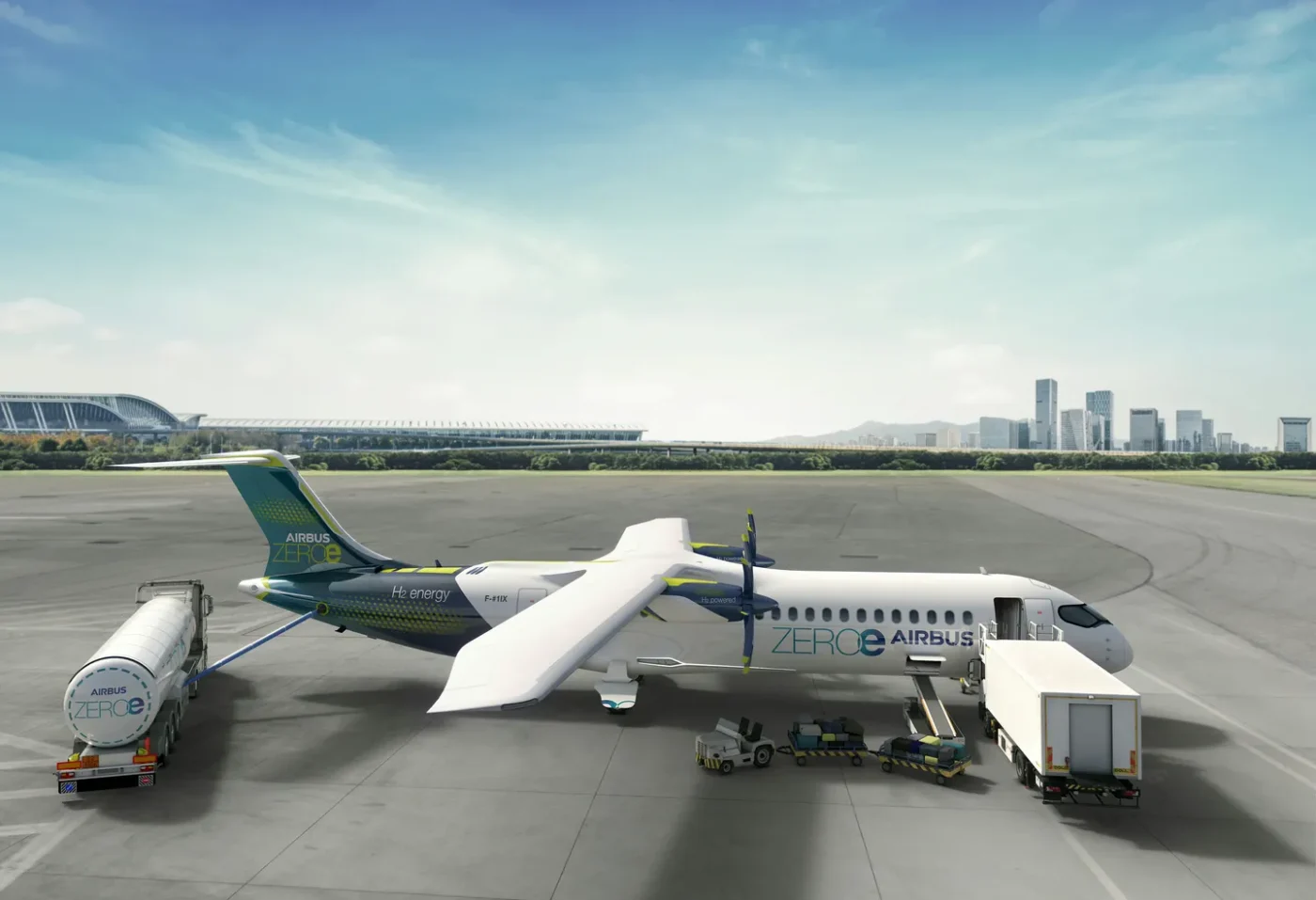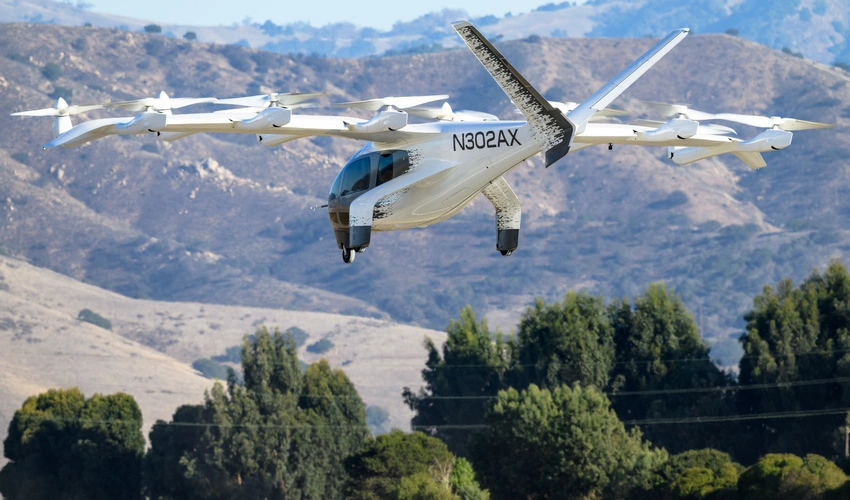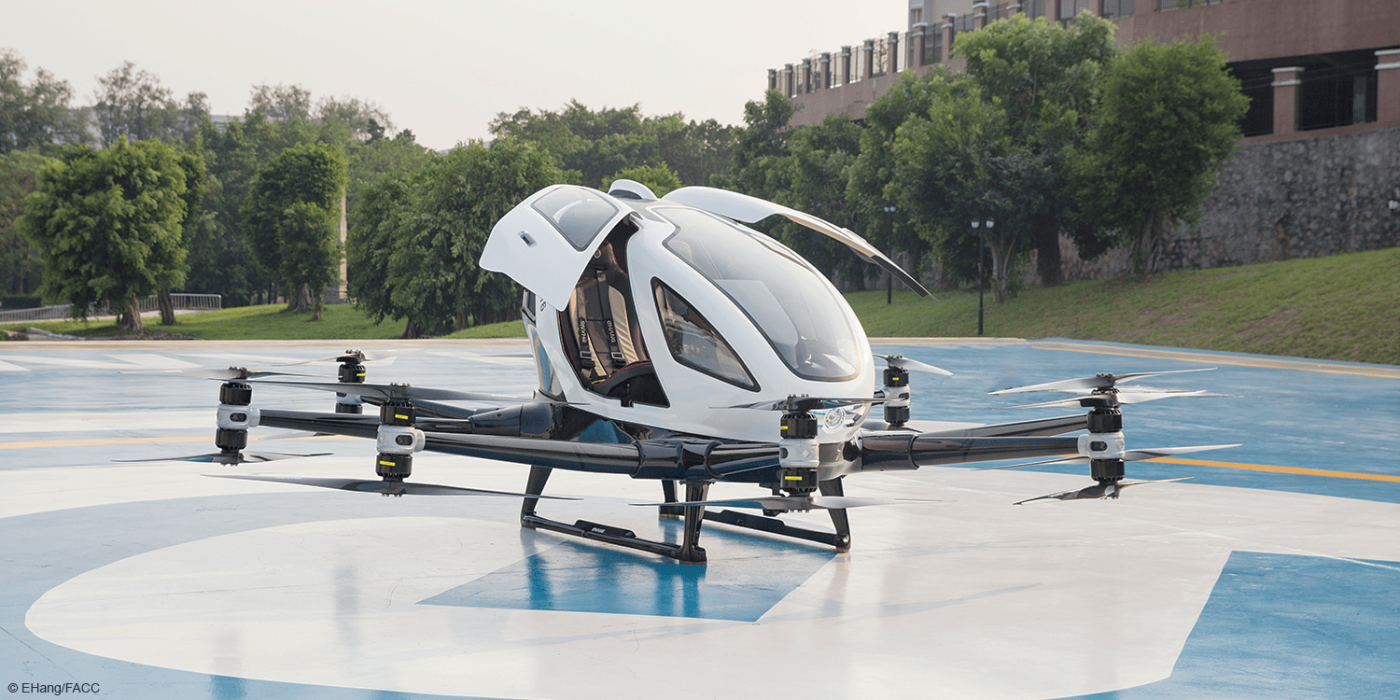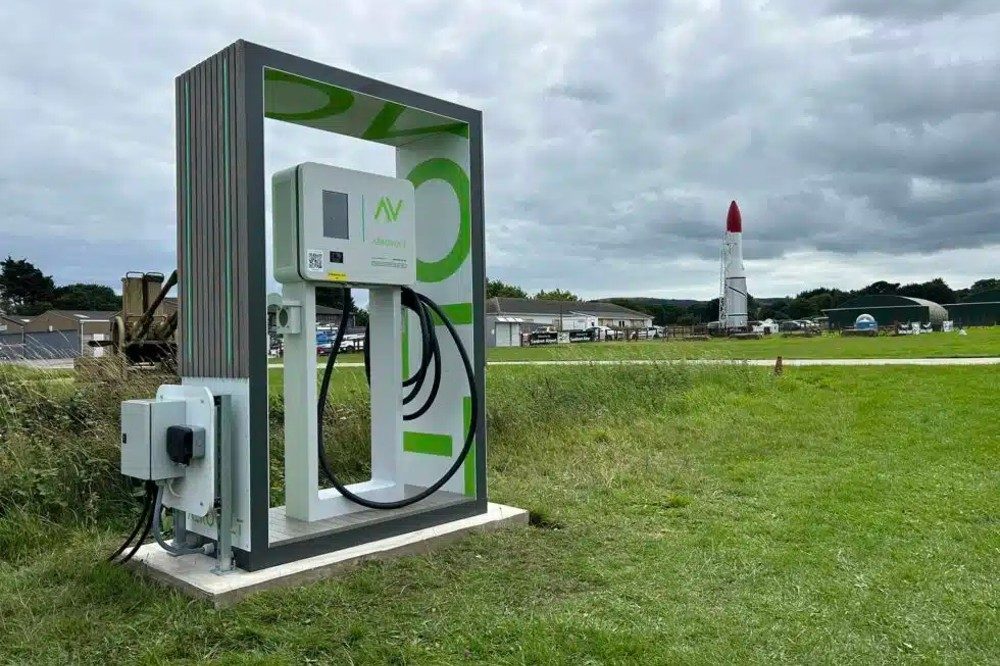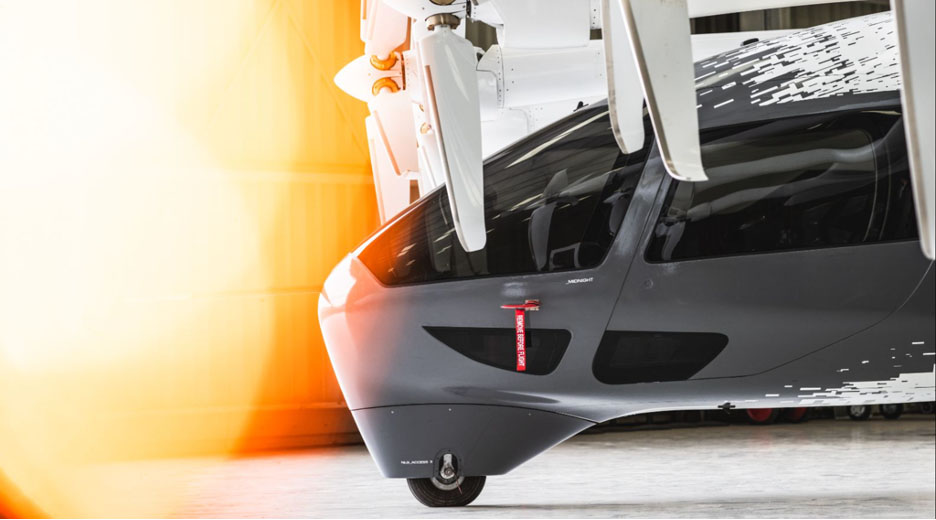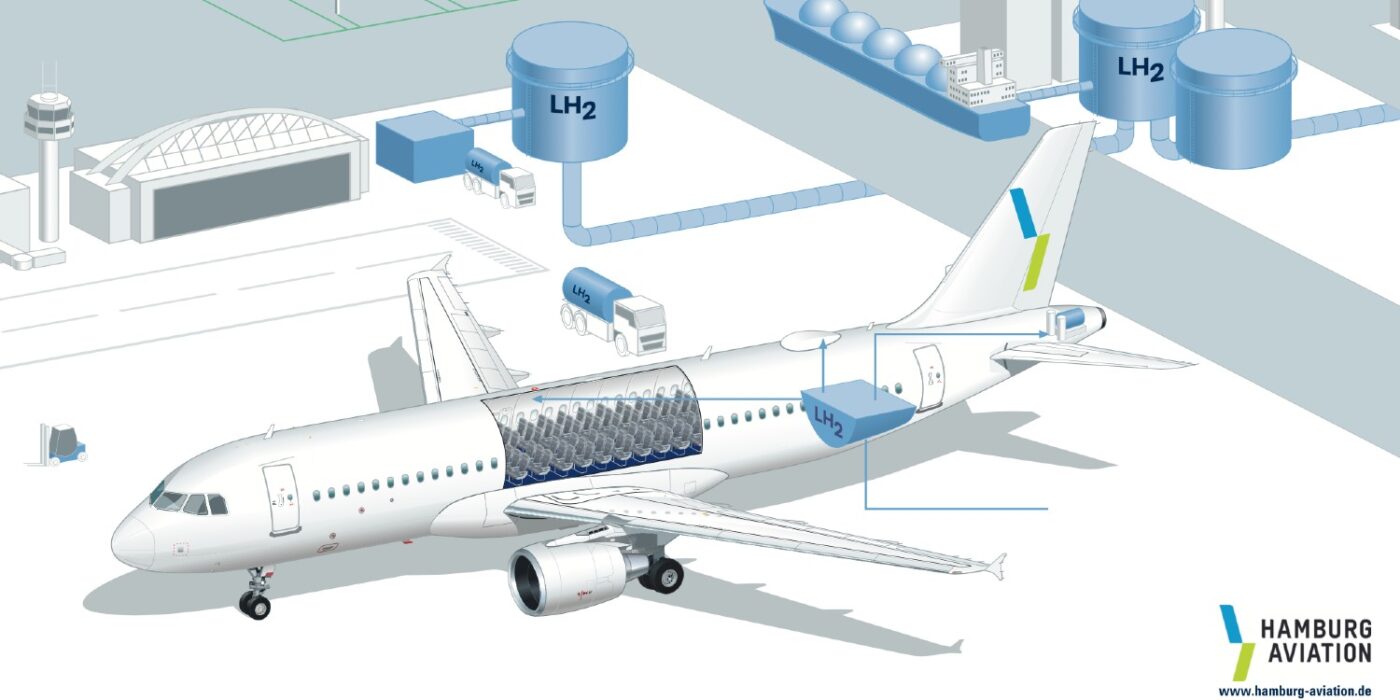ZeroAvia has entered into a memorandum of understanding with hydrogen tech startup Verne to jointly explore the utilization of cryo-compressed hydrogen (CcH2) as an energy-dense fuel source for hydrogen-electric planes. The aim is to enhance refueling speed and potentially extend the flight range of the aircraft.
ZeroAvia has made substantial progress in the past decade, achieving experimental flight certificates from the UK Civil Aviation Authority (CAA) and the US Federal Aviation Administration (FAA). The company is now on the brink of realizing commercial operations with hydrogen-electric planes, targeting the development of a 40- to 80-seat aircraft with a range of up to 700 miles by 2027.
See also: ZeroAvia Successfully Concludes Series C Funding at $116 Million with UK Infrastructure Bank Onboard
Recent milestones include partnerships and funding rounds, with support from industry leaders such as Airbus, Barclays, and NEOM, Saudi Arabia’s “living laboratory.” Additionally, ZeroAvia secured a deal with EcoJet to provide up to 70 zero-emission planes for the sustainable startup airline.
In its pursuit of optimizing technology for faster, more cost-effective refueling and extended flight capabilities, ZeroAvia has enlisted Verne’s expertise in cryo-compressed hydrogen. Verne specializes in this technology, storing gaseous hydrogen at cold temperatures to increase energy density. According to Verne, CcH2 can provide 40% greater usable hydrogen density than liquid hydrogen and 200% more than gaseous hydrogen at 350 bar.
Apart from extending the range of ZeroAvia’s future electric planes, cryo-compressed hydrogen is expected to reduce densification costs and refueling times compared to liquid hydrogen. Additionally, it may increase dormancy time and eliminate the need for pressure management, such as venting.
Verne’s co-founder and CEO, Ted McKlveen, highlighted the significant potential for cryo-compressed hydrogen in aviation, given its role in addressing the industry’s climate impact. The partnership will involve assessing the benefits of scaled CcH2 storage and refueling infrastructure at airports, beginning with an initial model implementation at California airports.
As ZeroAvia and other electric plane developers strive for larger and more efficient aircraft, cryo-compressed hydrogen emerges as a promising technology. This development is noteworthy, particularly as aviation contributes to 10% of all US transportation greenhouse gas emissions and 3% of the total US emissions, according to the Environmental Protection Agency (EPA).


